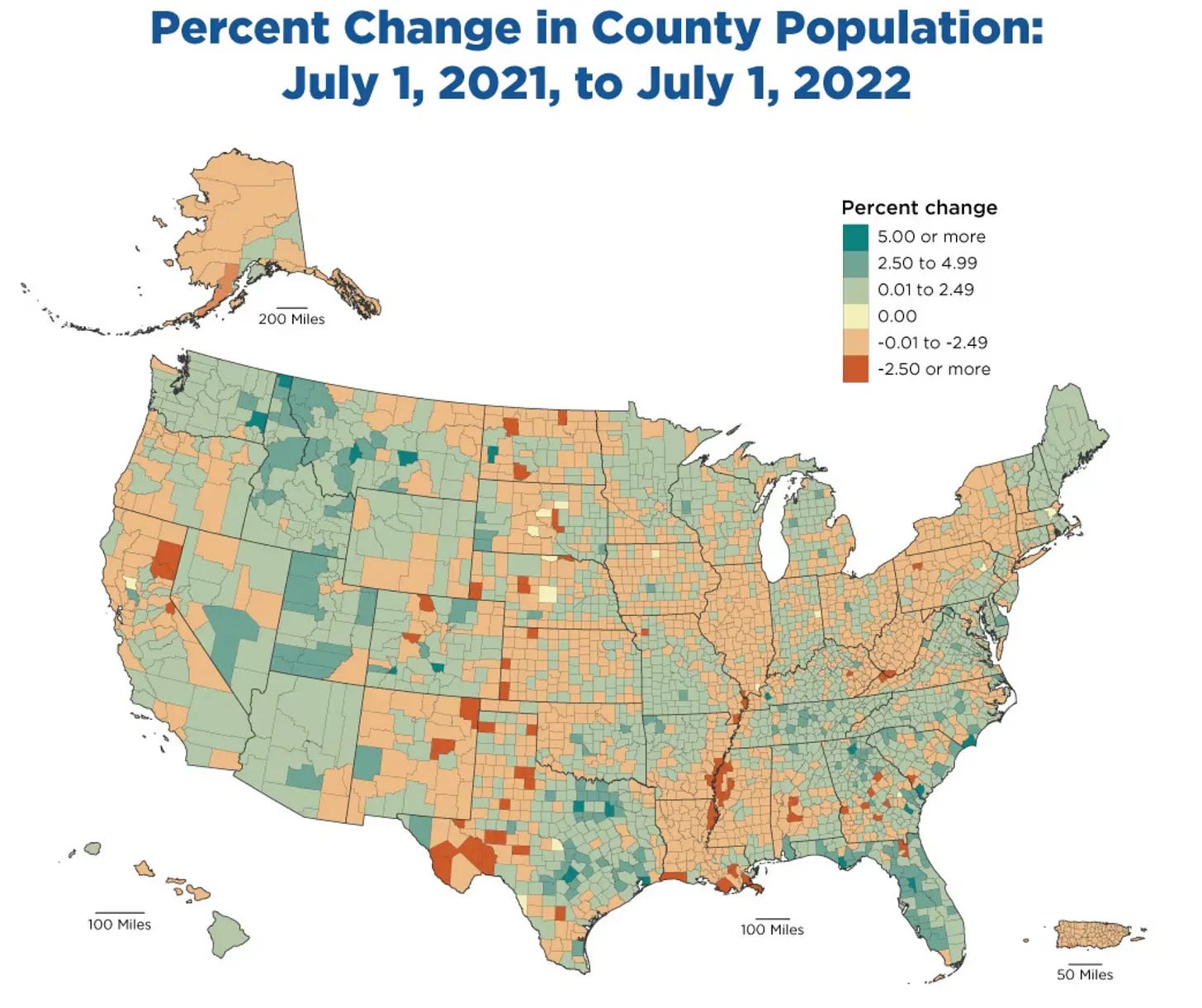The Biggest American Porn Site Got Bought and the Entire Thing Is Super-Sketch
Did a foreign intelligence service just make a play for Pornhub?
Every week I highlight three newsletters.
If you find value in this project, do two things for me: (1) Hit the Like button, and (2) Share this with someone.
Most of what we do in Bulwark+ is only for our members, but this email will always be free for everyone. Sign up to get it now. (Just select the “free” option at the bottom.)
And while you’re at it, come follow me on Substack Notes.
1. Pornhub
It is strange to me how reluctant the tech press is to cover the adult side of the internet. For instance, OnlyFans is a Ghost Unicorn: A tech company that has to be worth a billion dollars—yet seems to exist only in the shadows of business journalism.
Which is weird. Silicon Valley is not a hotbed of Puritanism.
Another big, under-covered tech business story is the sale of Pornhub.
I’m not sure how to classify Pornhub—the YouTube of porn, maybe? Anyway, this gigantic company with a massive global userbase got sold and . . . [crickets].
Which is especially weird since the buyer is—what do the kids say?—sus?
Evan Armstrong wrote about the sale at Every last week. I’m going to let him set the table for you so you have a sense of how big Pornhub is:
I would argue that Pornhub (and by proxy its parent company MindGeek) is one of the most important websites in the world. Pornhub had over 2B visits last year and 100M+ daily active users. . . .
Whoever owns this website will not only have a direct influence over the state of sex trafficking globally but will also hold the emails, credit card numbers, and most private browsing habits of tens of millions of people.
I’ve gotta tell you: If I ran a foreign intelligence service and I was fishing for material I could leverage to extort information and/or influence, Pornhub would be an extremely promising pond. It’s a kompromat candy store.
And this store was just purchased. By who?
Here’s Armstrong again:
On March 16th, Pornhub announced it had been bought by—get this—“Ethical Capital Partners.” It’s like the Medellin Cartel getting bought by “Totally Not Crime LLC.” . . .
When you take a look at the employees of ECP, the transaction gets even weirder. According to their LinkedIn profiles, only one employee has ever worked in finance before. None of them have worked in technology. None of them have publicly worked at ECP itself for longer than six months. The fund's leader Rocco Meliambro supposedly made his money in the cannabis industry.
The firm's advisors are also unconventional. Some are sex work academics, some are more typical board members. One advisor brags about how she can crush watermelons with her thighs. . . .
Not only are the employees and advisors involved baffling, but the fund isn’t registered in U.S. or Canadian investment registration databases. Canada doesn’t require private equity funds to register, but many funds still do for the sake of transparency. Ethical Capital Partners did register as a business in Ontario in 2021, so it technically exists, but it’s unclear where the money came from. . . .
So in summary:
a fund that feels fake
staffed with complete technology and finance noobs
bought a company with money that came from somewhere they won’t disclose
This sort of thing happens all the time in private transactions. But it has never happened in a case with one of the most important websites in the world! We should know more!
But hold on. It gets weirder.
Because in 2021, a group which included some of the current folks from Ethical Capital Partners tries to buy Pornhub, which at the time was doing a shade less than $500m a year in revenue with $186m in EBITDA
That attempt failed to reach consummation. You should read the whole thing by Armstrong.
Ultimately Armstrong concludes that the most likely explanation here is that Ethical Capital Partners put up a very small percentage of the purchase price and that the rest of the money came from foreign funds.
That could mean anything. It could be totally on-the-level. Or the money could have deep ties to China Russia some foreign government. And in return, this government could pretty easily get access too [gestures broadly] all of the blackmails.
2. Housing
Over at Slow Boring Matt Yglesias looks at county-level maps of population decline, which is a little like peering into a crystal ball:
He notes: “[T]he issue in the contemporary United States is that the average growth rate is very low. Fully 47% of counties lost population between July 2021 and July 2022.”
An interesting corollary to this fact touches on one of my hobby horses: housing.
One big problem with population decline is that it makes houses too cheap. I know, I know, I’m normally talking about how it’s bad when regulatory barriers make houses too expensive. But it’s also bad for houses to be too cheap.
Why? A concept I learned about years ago from urban economist Issi Romem and that I wish was in wider circulation is the idea of the market price of housing vs. the replacement cost of a house. The market price is obvious: if you put your house up for sale tomorrow, how much could you get for it? The replacement cost is what it would cost if a tornado demolished your house tomorrow and you had to rebuild it from scratch. . . .
In a scenario of population decline, though, the market value of a house falls below the replacement value of the structures. You can see this by looking at statistics, but it’s pretty easy to eyeball where it’s taking place because the signature is a neighborhood with more vacant lots or vacant buildings than ongoing construction projects. Huge swathes of Detroit are, infamously, like this. But it’s also true of Cleveland and St. Louis and Milwaukee and Baltimore and other cities. Abandoned or vacant buildings are a source of blight — negative amenity value to the neighborhood. And each city with a significant amount of vacant property has its own policy apparatus for dealing with it and its own local discourse about the merits of that apparatus and whether the problem should be handled some other way. In years of reading about this, though, I’ve never heard of a city that has a magic formula to deal with vacant lots and blight. What I have seen is the vacant building problem vanish in my own neighborhood in D.C. due to robust market demand for housing. I’ve also seen in Chicago that a city can be capacious enough to support a lot of construction activity in the West Loop, even while significant swathes of the South Side look a lot like Cleveland.
3. Helping the Helpers
John Canzano has a beautiful, heartbreaking essay about how hard life can be, and how we need to show each other grace. You will cry.
Fred Hess was a handyman. He helped out at the 28-unit motel that my wife and her family owned and operated when she was a kid. He became part of the village that helped raise her.
The motel was located on an unsavory stretch of Sandy Blvd in Northeast Portland. My wife’s parents were busy most days, cleaning rooms and working the front desk. When she played Little League softball, it was Fred who took her to the games.
He watched every pitch.
I asked my wife what they talked about on the walk home. She told me, “I would vent. He would listen. Then offer one or two suggestions. And affirm what I had done well.
“As close to perfect as you could get.”
It was Fred who watched and listened to Trail Blazers games with wife when she was just 12. Together, they pulled for Jerome Kersey and Terry Porter. And it was Fred who asked my wife about school, took her camping, and sang country-music songs that made her giggle.
I’m grateful for Fred.
I told him so at his 60th birthday party years ago. By then, he was working as a copy-machine repairman. He serviced fax machines and replaced toner cartridges. He was neat, meticulous and never late to work.
Shortly after that party, though, Fred’s life unraveled.
You should read the whole thing and subscribe. You’ll be glad you did.
And if you find this newsletter valuable, please hit the like button and share it with a friend. And if you want to get the Newsletter of Newsletters every week, sign up below. It’s free.







Such a heart-breaking story about Helping the Helpers - thanks for sharing. Homelessness is one of those problems that we, as a society, don't want to look at and engage in. It's too easy to walk past without really looking, for too many people to blame the homeless persons themselves - they must have done something to bring their troubles on. We need more articles like this one to show caring people everywhere that this is an issue we can, and must, take more seriously. We must not only do what we can to help, but we must also insist that our elected officials come up with better plans to address this issue. Honestly, it reminds me of Robert Kennedy touring Appalachia, American children with distended stomachs from hunger, living in abject poverty. Most of us care about human rights around the world, but perhaps the media should do more to shine a light on what is happening here, in cities all across the country.
We read Fred's story (and occasionally others like it) in the comfort of our well-fed, well-clothed, well-appointed lives and nearly always fail to realize or seriously think "There, but for the grace...", thinking instead all this *wellness* is all because of ourselves, our hard work and our great good sense, seldom if ever crediting anything else having a hand in our good fortune, when we are, in fact, *all* only one cruel turn of the screw away from being on our knees.
You can't think about this every minute, or you just might lose your mind. There's already enough crap out there pushing our brains toward the lost and found bin, so no reason to pile it on. But we should take stock occasionally, and maybe remember to be a tad more thankful than we are at any given moment that there are a lot of Freds in the world who will help us when they can, and in return deserve our help when the screw has turned for them.
And remember as well that no one stands so tall as when they bend down to help someone else rise.